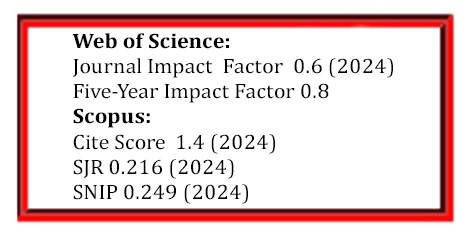Effects of Dosing and Mechanical Activation on the Performance of Reservoir Sediment-Cement Composite Cementitious Material
DOI:
https://doi.org/10.5755/j02.ms.33947Keywords:
reservoir sediment, mechanical activation, cementitious material, fluidity, water requirement of normal consistency, setting timeAbstract
To solve the problem of reservoir sediment accumulation, this paper intends to study the feasibility of preparing reservoir sediment-cement composite cementitious material by partially replacing cement with reservoir sediment. Using the single factor test method, the replacement rate of reservoir sediment and mechanical activation time were selected as variables to explore the effects of water requirement of normal consistency, setting time, mortar fluidity, and mechanical properties of mortar specimens. The results show that with the increase of sediment replacement rate, the water requirement of normal consistency of composite cementitious material paste increases, the setting time increases, the fluidity of mortar decreases, and the mechanical properties of mortar specimens decrease significantly. With the increase of mechanical activation time, the water requirement of normal consistency decreases, the setting time decreases, the fluidity of mortar increases, and the mechanical properties of the mortar specimen increase. The microcosmic results show that mechanical activation can promote the formation of C-S-H gel in reservoir sediment, and fill each other with unreacted reservoir sediment particles, resulting in a denser microstructure. The purpose of this paper is to provide theoretical support for the preparation of reservoir mud-cement composite cementitious material.
Downloads
Published
Issue
Section
License
The copyrights for articles in this journal are retained by the author(s), with first publication rights granted to the journal. By virtue of their appearance in this open-access journal, articles are free to use with proper attribution in educational and other non-commercial settings.



